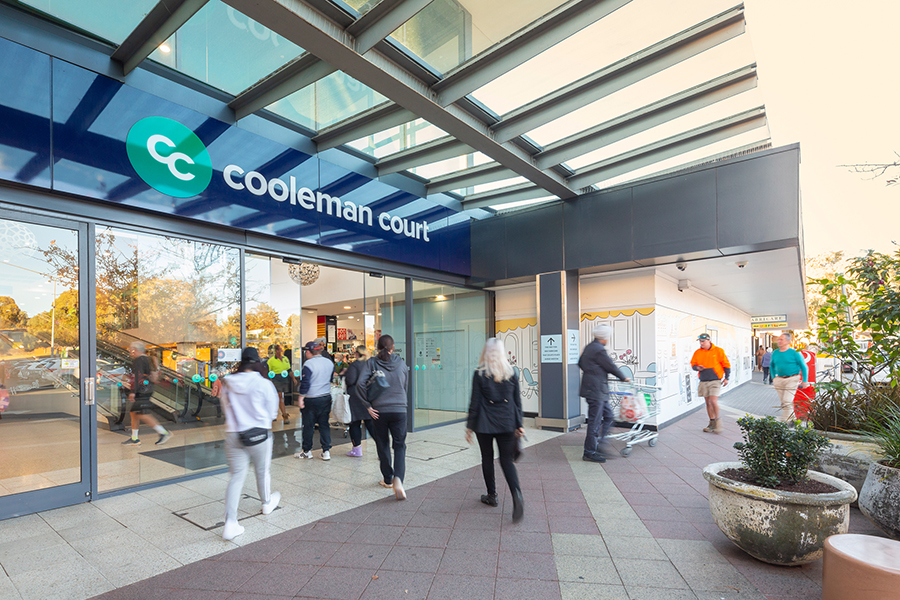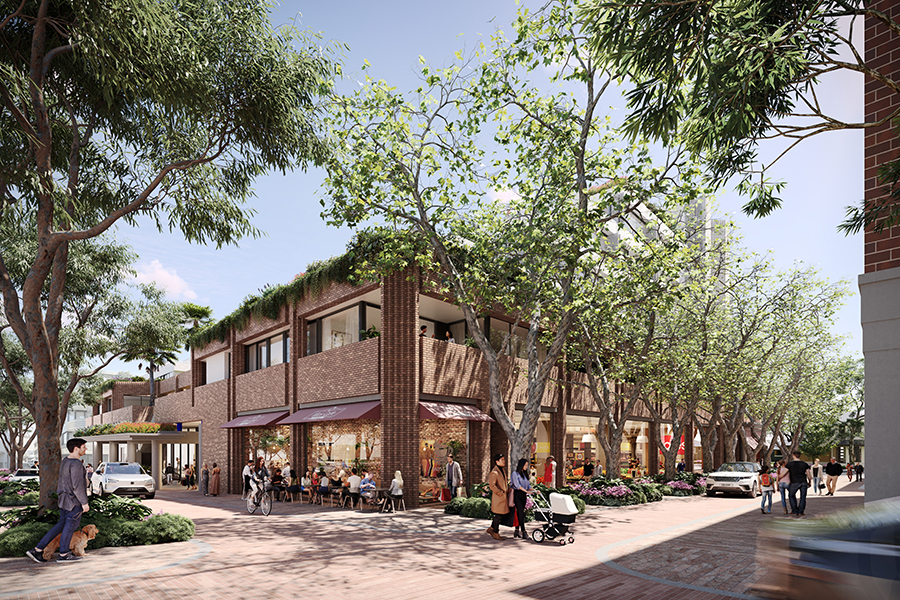Angus Nardi gives us an overview on trading hours reform in South Australia. He says that compromise and incrementalism is a potential trend that could continue.
Shop trading hours reform was an issue at the recent South Australia election. After four terms of Labor, the Liberal Government nominated the deregulation of shop trading hours (despite it not literally being ‘deregulation’) as one of their election commitments. In fact, deregulation was a priority within their ‘first 100 days’ commitment (now very much a universal political commitment), and the authorisation of the preparation of relevant legislation was to be achieved within its first 30 days.
The ‘first 100 days’ deadline comes up in late June, with 16 nominated Parliamentary sitting days across May and June to deliver this outcome.
Under their pre-election policy, titled Shop Trading Hours: Cutting Red Tape, it is stated that “Deregulating shop trading hours means less red tape for business and greater choice for the consumer. It’s time to bring Adelaide into the 21st century”.
This policy was officially launched at the SA Liberal’s Annual General Meeting on 24 September 2016, and was reportedly a corner-stone of Steve Marshall’s (then Opposition Leader; now Premier) speech.
It was said that the issue of restricted trading hours had “plagued South Australia for a long period of time”.
At the time, then Premier, Jay Weatherill, responded and said that the current trading hours regime had the ‘right balance’ between permissible trading hours and workers having time off to spend with their families. He was also reported as saying that (reform) will do “nothing for economic growth, it will deprive workers of valuable family time and it will also hurt small businesses, independent retailers and the CBD”.
It is well known that South Australia, and more specifically the greater Adelaide region outside the CBD, has among the most restrictive trading hours regime in Australia. Like other jurisdictions, trading hours restrictions apply to larger retailers.
In our vernacular, this means major anchor tenants.
The current regime principally relates to public holiday trading restrictions, as well as restrictions on Sunday opening times (currently 11am) and Saturday evening closing times.
The Liberal’s policy expressly states that they will introduce amendments to the Shop Trading Hours Act, based on key principles of (in relation to greater Adelaide) allowing trading from Monday to Saturday from midnight to 9pm; and Sunday and certain public holiday trading from midnight to 9pm.
Like other jurisdictions, restrictions would continue to apply on the sacrosanct days of Christmas Day, Good Friday and Anzac Day morning.
As a policy, we support deregulation (subject to the above public holiday restrictions) and the government’s proposed approach. But we know all too well that achieving the ultimate outcome lies in the art of compromise, and often results in incrementalism over wholesale reform.
We divide Australia’s jurisdictions into the following three key areas.
First, there’s the ‘de-regulated’ jurisdictions of the Australian Capital Territory and the Northern Territory. Second, there’s the ‘substantially de-regulated’ jurisdictions of New South Wales, Victoria and Tasmania. Third, there’s the remaining ‘regulated’ jurisdictions of Western Australia, Queensland and South Australia.
It’s for this reason that external reviews, such as the Productivity Commission’s 2015 inquiry into work-place relations, recommended that “the South Australian, Western Australian and Queensland Governments should remove anti-competitive remnant shopping hour restrictions”.
The Commission referenced ourselves, along with the Harper Competition Review (2015), as a basis for making such a recommendation.
But despite repeated attempts, wholesale reform has been lacking. As I said before, trading hours reform generally comes down to the art of compromise, which generally reflects the complex nature of the issue.
To cite a recent example, legislative reforms in Queensland, sponsored by the Palaszczuk Labor Government, were scuppered by the Liberal National Party, largely based on lobbying from the independent supermarket sector.
Initial legislation was withdrawn from Parliament, ultimately to be passed in a compromised state. Recent reform in NSW has been tied to a Parliamentary review in 2019, and the NSW Opposition has pledged to reverse the reform if elected in 2019.
In my experience, while the notion of trading hours reform can seem simple, only a handful of people understand the complexities and what drives compromised outcomes.
I make this point because, having won the election, the new South Australian Government may find that to progress with deregulation, it will face a set of complex issues that will need to be prosecuted and negotiated to deliver on their election commitment.
A key issue is that the government doesn’t control the Upper House.
In this context, the new SA Opposition Leader, Peter Malinauskas, has stated that Labor is open to some ‘compromise’ on trading hours reform.
After meeting with one stakeholder group heavily engaged in the trading hours battleground and, incidentally, opposed to substantial reform, being independent supermarkets, Malinauskas has publicly offered potential support for 9am Sunday opening instead of the current 11am.
He said, however, that they are not open to negotiation on public holidays.
While we don’t support Malinauskas’ overall position, we support his position on 9am Sunday trading. It makes sense. We know, from analysis, that there is strong customer demand for earlier Sunday trading.
This also forms part of a broader trend for Sunday trading, and the Productivity Commission has noted that we now live in a seven-day consumer economy and that “today, people commonly expect to be able to shop, eat at cafes, and purchase other consumables on a seven-day basis”.
As a former head of the Shop Assistant’s Union, Malinauskas, who is incredibly well-versed on trading hours and industrial relations issues, has noted his desire to protect retail workers and his party’s main focus is “to ensure that people continue to have the opportunity to have a day off with their families on public holidays”.
This means that the government will need to negotiate with the cross bench to achieve full de-regulation via legislation in the Upper House.
This of course opens a familiar reform battleground between so-called small business and big business. The stage on this was set when, in announcing their Sunday trading compromise, Malinauskas was also reported as saying that “the only people arguing for full deregulation is Coles, Woolworths and Westfield”.
In my view, there is an obsession with supermarkets in trading hours reform, where reform is too frequently viewed through this narrow lens at the expense of other sectors (eg. discount department stores), let alone the inequity it can create for some communities and residents.
As an example, our analysis estimates that about 63 suburbs in the greater Adelaide region don’t have an independent supermarket, but have a Coles or Woolworths. Yet local residents can’t access these supermarkets at the equivalent trading hours.
To paraphrase Steve Marshall, why can’t residents and consumers in these suburbs exercise greater choice?
Particularly in the case of South Australia, which has a strong independent supermarket sector, I’m not one to underestimate their influence.
What’s clear is that the South Australian trading hours regime is the result of incremental change, rather than wholesale change. This is, of course, based on various factors, but it’s highly relevant to the current situation.
The new South Australian Minister for Industrial Relations, and Treasurer, Rob Lucas, once noted in Parliament that trading hours deregulation has been a “minefield” since the 1970s.
Since the Shop Trading Hours Act was introduced by the Dunstan Government in 1977, there have been several key changes to trading hours legislation – in other words, one key change every five or six years.
The first major change occurred in 1990, when Saturday afternoon trading was introduced by the then Bannon Labor Government.
This was followed by Sunday trading in the Adelaide CBD in 1995, and weeknight trading in the CBD until 9pm, and in the suburbs until 7pm (9pm on Thursdays) in 1998.
A key major change came in 2003, when Sunday trading was introduced, along with weeknight trading until 9pm, through legislation tabled by then Industrial Relations Minister, Michael Wright.
The tabling of this amendment legislation on 27 May 2003 had some urgency, given the potential withholding of competition policy payments by the National Competition Council, then chaired by Graeme Samuel AC.
In speaking to Parliament, Minister Wright noted that “the government’s commitment has been shaped by: our election commitment not to fully deregulate”. In other words; incremental change.
The next, and last, key change came in 2012, when trading hours in the Adelaide CBD were largely de-regulated, including the ability to trade on public holidays. Incredibly, this stemmed from an agreement struck in 2011 between Business SA and the Shop Assistant’s Union. Malinauskas was the head of the Union at the time.
A feature of this deal was the creation of two new public holidays from 5pm on Christmas Eve, and New Year’s Eve. During the consideration of the legislation in Parliament, a compromise was achieved with the ‘Eve’ public holidays instead starting at 7pm.
Incidentally, the new Treasurer and Minister, Rob Lucas, was the Shadow Minister for Industrial Relations at the time, and he would no doubt have this last change etched in his memory.
When Lucas spoke to the 2012 Bill in Parliament, he noted the Liberal Party’s opposition to the ‘original deal’ made by Business SA and the Shop Assistant’s Union. Aside from noting a broader point that trading hours deregulation has been a “minefield”, he provided a plotted history on the reform in South Australia, and its complexity, including one controversial issue in the 1980s about the sale of red meat.
In other words, Treasurer Lucas is also very well-versed on the issues surrounding trading hours deregulation.
South Australia’s interesting pattern of incremental trading hours change sets part of the scene for the government delivering on their election commitment. Reform has been hotly contested at every stage, including the fact that a case was once taken to the High Court in 1995, involving the Shop Assistant’s Union and the then Minister for Industrial Affairs, over the granting by the Minister of a Sunday trading permit.
While we support deregulation, our experience nationally on the issue prepares us for the potential need to engage on a compromised position.
There are clearly certain days and times that we’d prefer to be opened up over others, such as a preference for trading on Boxing Day rather than Adelaide Cup day. I’ve mentioned our support for earlier Sunday trading hours, which is backed by consumer demand and something that the Labor Opposition has already indicated their support for.
In the drafting of legislation, we also believe there’s a sensible case whereby the government could address concerns by providing safeguards for retail workers. Recent NSW legislative reforms could be a model here, which ties the principle of ‘freely electing to work’ (as opposed to being coerced or pressured) to reformed trading hours.
At the time of writing, there is no meaningful clarity on how this issue may move forward, although the full deregulation package is likely to be put straight into Parliament (noting the ‘first 100 days’ timeframe), as a test of the government’s election mandate.




















